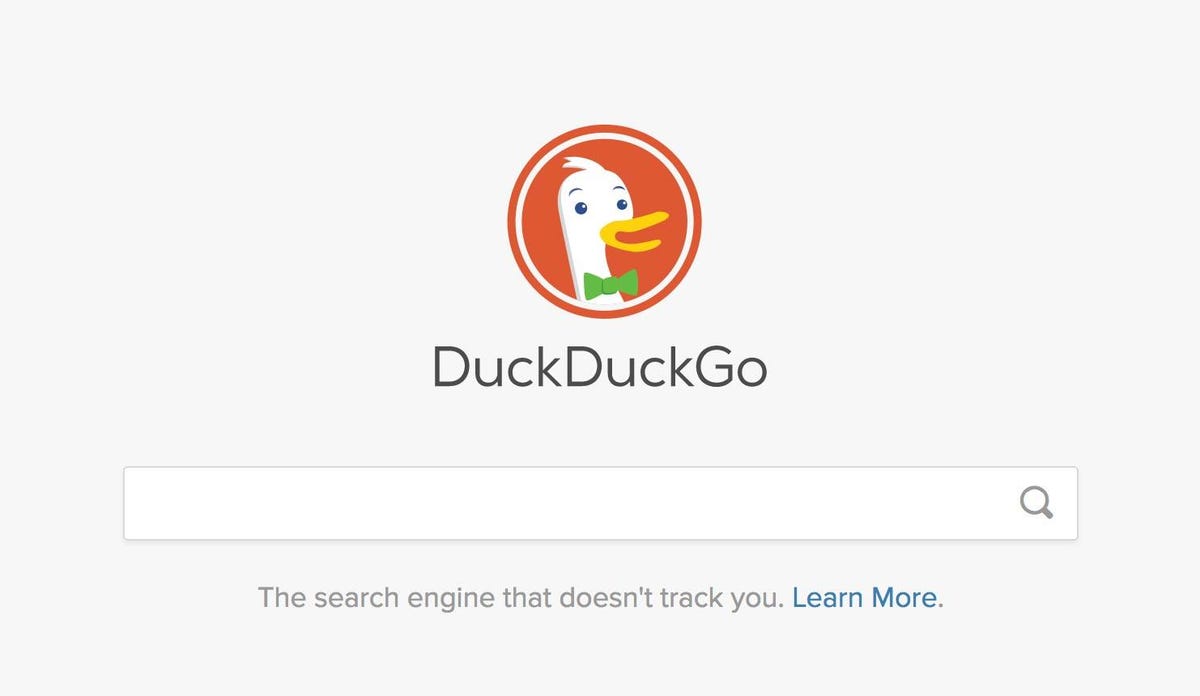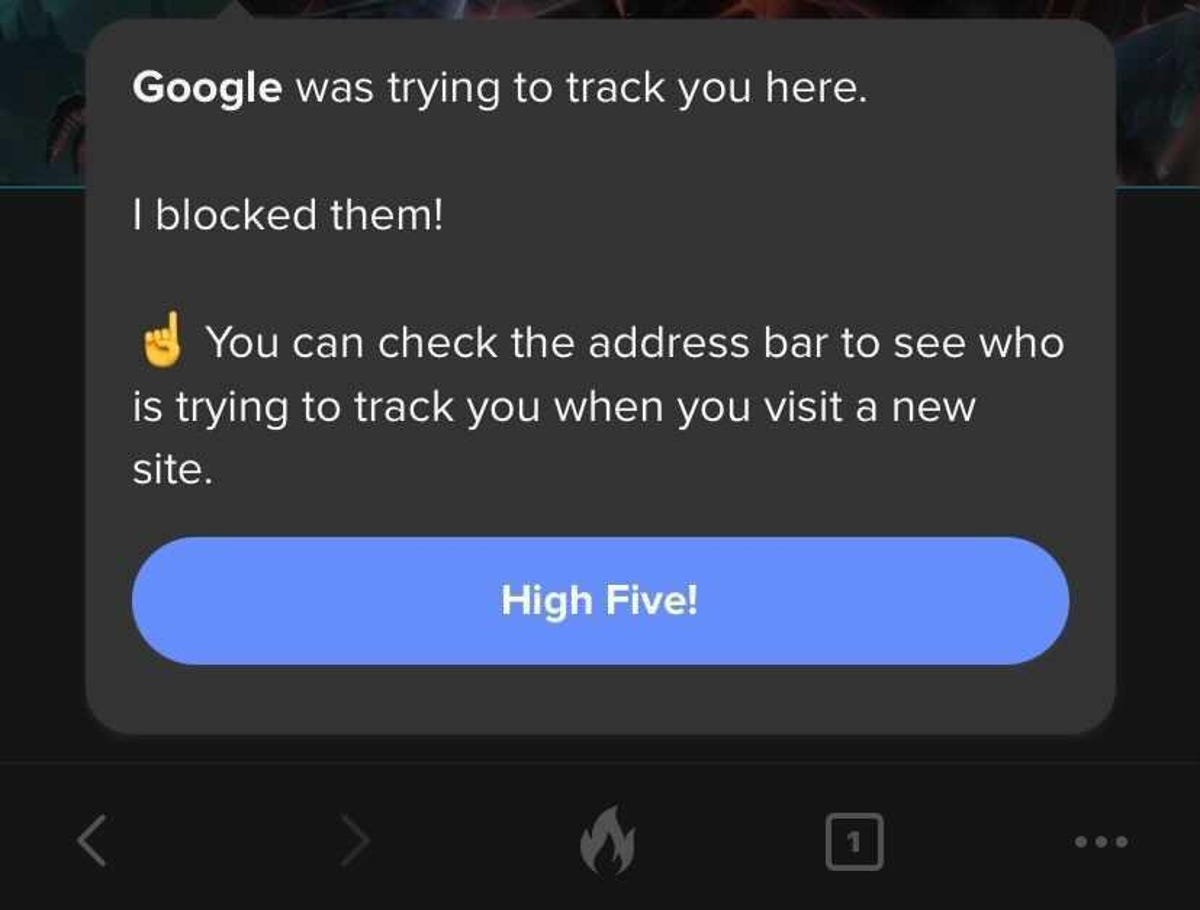If you’re doing anything online, you’re probably being tracked. Whether you’re shopping, subscribing, or scrolling through social media, companies are generally looking to collect your data in order to get more from advertisers. DuckDuckGo wants to help you avoid this by offering a variety of privacy-focused tools and features, including its privacy-focused web browser.
There are other private browsers, such as Brave AND Mullvad browserthat block people from monitoring your online activity. But DuckDuckGo sees itself as a direct competitor to Google Search, complete with a mobile app and extensions for Chrome, Firefox, Safari and other browsers, as well as Windows and Mac browsers in public beta. And the company has significantly expanded its offerings over the past few years, making it a more powerful service for protecting your privacy.
After major incidents like The Cambridge Analytica scandalpeople have become more aware of how much personal information is available to technology companies and advertisers — and are choosing not to be tracked when they can. While it does not track users, the DuckDuckGo browser and extensions have been downloaded more than 250 million times as of September 2023.
Here’s what you need to know about DuckDuckGo and how it tries to keep your searches safer.
What is DuckDuckGo?
DuckDuckGo started as a browser and search engine that promises to keep your search activity anonymous and not track you online, but the company has since expanded to offer a wider range of services, including paid offerings under Privacy Pro plan that combines a VPN, personal information removal, and identity theft recovery.
Read more: The best VPNs of 2024
How does the DuckDuckGo browser work?
For starters, DuckDuckGo doesn’t track searches made through the browser extension or mobile app. Other browsers, including Chrome, allow you to use private or hidden windows that don’t track your browsing history, but their default windows do. (This is the basis of any “embarrassing research history” joke.) Instead of making you navigate to a different version of its app, DuckDuckGo never tracks your search history.
Searches made through DuckDuckGo also automatically connect you to encrypted versions of websites wherever possible, making it harder for anyone else to see what you’re looking at online. This is another scenario where both options (encrypted and unencrypted) exist in other search engines, but the default is not always the privacy-friendly option. DuckDuckGo saves you the extra steps of manually navigating encrypted links.
DuckDuckGo came under fire in May 2022 when researchers discovered several Microsoft tracking scripts while using DuckDuckGo browsers. The presence of Microsoft’s trackers seemed to fly in the face of the search engine’s privacy promise, and DuckDuckGo’s founder and CEO clarified on Reddit that the company was “currently contractually restricted by Microsoft” to stop loading Microsoft scripts entirely. That’s because the company uses Microsoft’s Bing to power its search results, which the company previously disclosed. The company followed up a few months later by announcing that it would further limit Microsoft’s trackers in its browsers.
DuckDuckGo also actively blocks external trackers from your online following. For a more detailed explanation of DuckDuckGo’s privacy features, see the DuckDuckGo blog.

The DuckDuckGo search engine emphasizes privacy.
How does DuckDuckGo differ from Google Search? What about incognito mode and private browsing?
DuckDuckGo basically takes the opposite approach compared to other big tech companies like Google and Facebook, which have traditionally made money from targeting ads based on your browsing history and personal data. While Google initially said it would stop the practice, the company reversed course in June. It collects a ton of data about you, including your location and search activity — yes, even in incognito mode.
Incognito mode simply deletes information about your browsing session from your computer: your history, cookies, and any information you’ve entered into fields. Notably, it only does this after you end your session by closing all your tabs. So if you leave your incognito tabs open for hours or days at a time, that information will continue to accumulate. And no matter what, Google can store your searches — and companies, ISPs, and governments can still track you around the web, even when you’re using incognito mode, though the company agreed to destroy billion secret records earlier this year.
DuckDuckGo doesn’t store your browsing data at all and blocks trackers while you’re browsing.

When you first use the DuckDuckGo privacy browser, the app will walk you through the different ways it protects your privacy.
If it doesn’t target ads, how does DuckDuckGo make money?
DuckDuckGo still makes money from ads — it just doesn’t use targeted ads. The search engine shows you ads based on the keywords you search for, which are not linked to your personal data such as browsing or purchase history. Basically, you’ll only see ads for whatever you’re currently looking for, not the weird product your friend sent you a link to last week that you can’t get away from now.
Earlier this year, the company also launched a paid subscription called Privacy Pro. Subscribers have access to DuckDuckGo’s VPN, personal information removal service, and identity theft recovery service. Privacy Pro costs $10 per month or $100 for an annual subscription.
How do I use DuckDuckGo?
The easiest way to start using DuckDuckGo is to download its browser. On mobile devices, simply open your app store and search for DuckDuckGo. On a desktop, go to duckduckgo.com, where you’ll see a button to download the DuckDuckGo browser. In addition to getting more private web searches, you can also play with other features like email protection, app tracking protection, and even an anonymous platform for using AI chatbots like ChatGPT and Claude.
For more about online privacy, see five reasons to ditch Google for DuckDuckGo and what to know about DuckDuckGo’s free AI feature DuckAssist.
